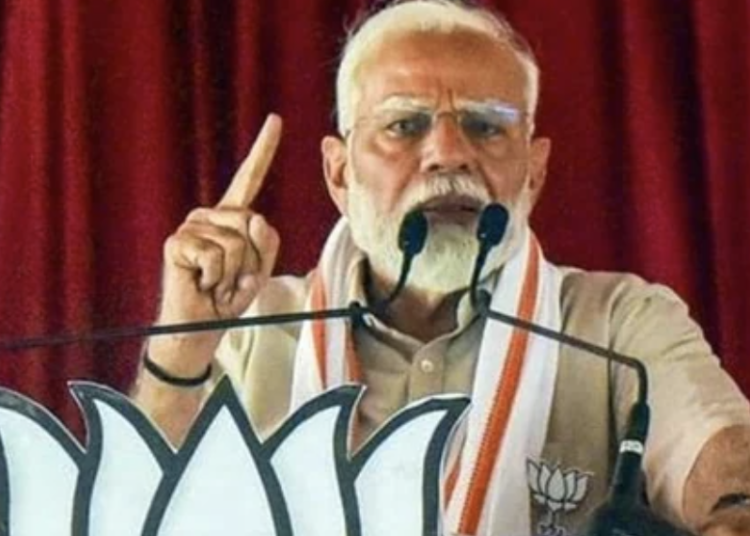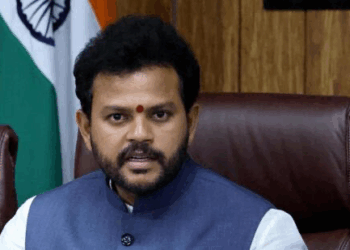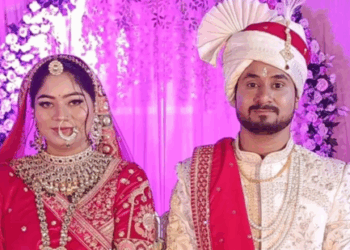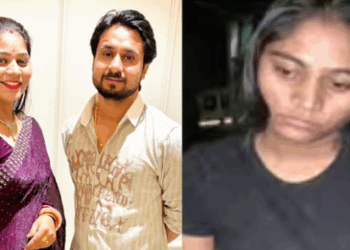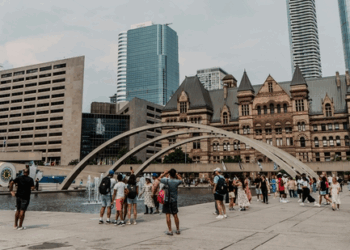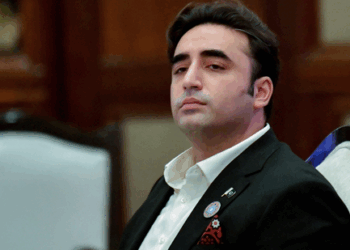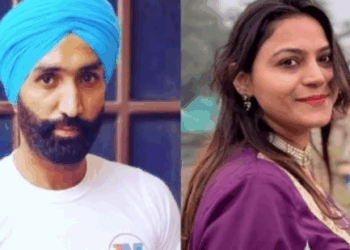With India on the cusp of another electoral showdown in the Lok Sabha Election 2024, the proliferation of AI-generated videos depicting political leaders, including Prime Minister Narendra Modi and West Bengal Chief Minister Mamata Banerjee, has heightened concerns over the potential for misinformation and manipulation in the electoral discourse.
The emergence of these AI-generated videos, often referred to as deepfakes, has added a new dimension to the spread of misinformation in the digital age. By employing sophisticated algorithms and machine learning techniques, these videos are capable of convincingly altering facial expressions, gestures, and speech patterns, thereby creating realistic simulations of individuals saying or doing things they never actually did.
In the context of the Lok Sabha Election 2024, the implications of deepfake videos featuring prominent political figures are particularly worrisome. As political parties ramp up their campaigns and engage in heated rhetoric to sway voters, the dissemination of fabricated videos could sow confusion, distrust, and discord among the electorate, undermining the integrity of the democratic process.
Prime Minister Narendra Modi and West Bengal Chief Minister Mamata Banerjee have both been targeted by deepfake videos circulating on social media platforms. These videos range from seemingly innocuous clips to more malicious content aimed at tarnishing the reputation and credibility of the leaders in question.
The spread of deepfake videos poses significant challenges for election authorities and cybersecurity experts tasked with combating the proliferation of misinformation online. Unlike traditional forms of misinformation, which can be relatively easy to detect and debunk, deepfakes are designed to deceive even the most discerning viewers, making them a potent tool for those seeking to manipulate public opinion.
In response to the growing threat posed by deepfake videos, efforts are underway to develop advanced detection and mitigation techniques. From AI-driven algorithms to crowdsourced fact-checking initiatives, stakeholders are exploring innovative solutions to identify and counter the spread of misleading content in real-time.
Moreover, there is a pressing need for greater public awareness and digital literacy to equip citizens with the skills and knowledge needed to discern fact from fiction online. By promoting critical thinking and media literacy, individuals can become more resilient to the influence of misinformation and better equipped to navigate the complex digital landscape during elections.
As India braces for the Lok Sabha Election 2024, the specter of AI-generated videos looms large, underscoring the urgent need for concerted action to safeguard the integrity of the electoral process. With the stakes higher than ever, ensuring transparency, accountability, and trustworthiness in political discourse is essential to upholding the principles of democracy and preserving the sanctity of elections.





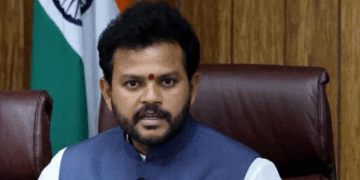


 India
India
